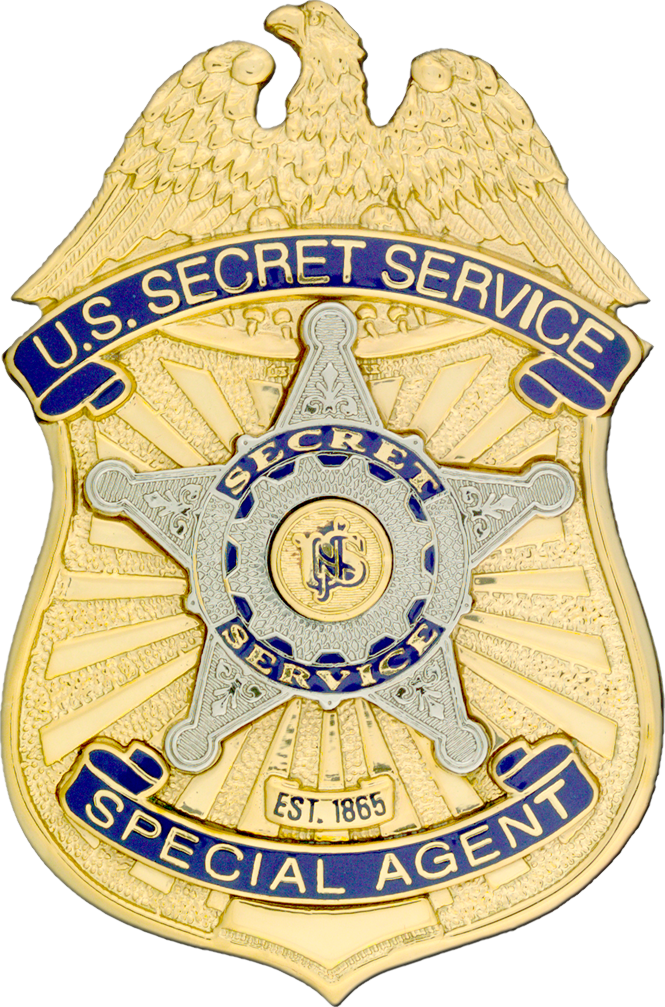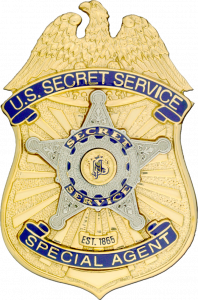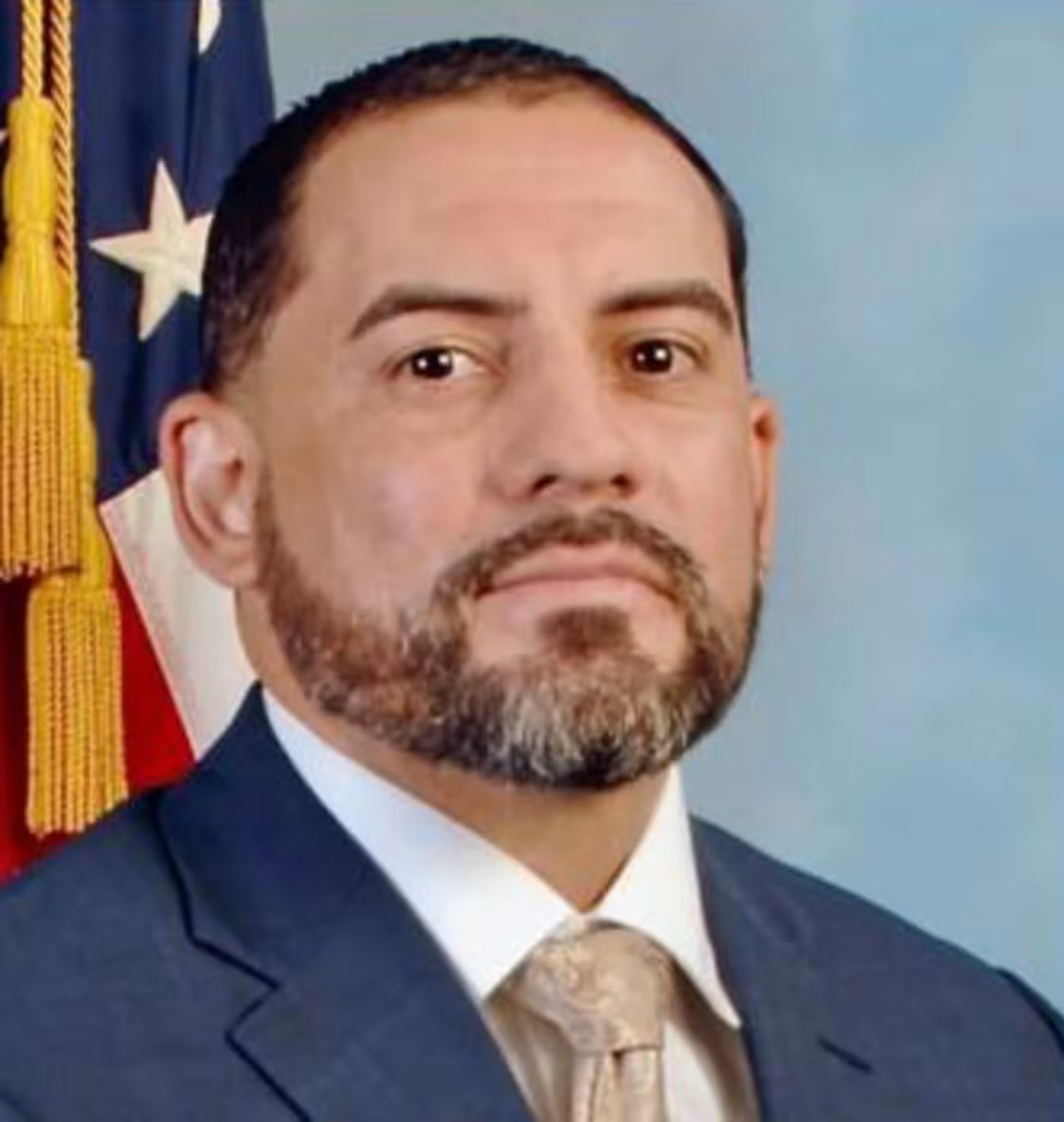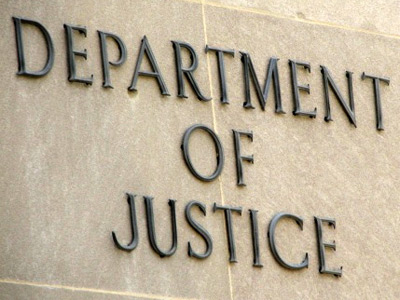By Steve Neavling
A retired Black Secret Service agent can collect $730,000 that was awarded to him in a lawsuit after he was unlawfully detained by two white U.S. Park Police officers in 2015.
The U.S. Court of Appeals for the Fourth Circuit affirmed Nathaniel Hick’s jury award on Wednesday, The Washington Post reports.
In July 2021, a federal jury awarded Hicks $730,000 after he alleged in a lawsuit that he was singled out because of his race and detained after officers confirmed he was an on-duty Secret Service agent.
The officers appealed, arguing that government employees are protected from lawsuits as long as the constitutional violation wasn’t clear from previous cases. The U.S. Supreme Court also previously ruled that a narrow set of circumstances must be met for federal officers to be sued.
The appeals court said Hicks’ lawsuit met both conditions.
“We have little trouble concluding that settled law provided fair warning to the officers that their actions would constitute a deprivation of Hicks’s rights during both the first and second stops,” Judge Barbara Milano Keenan wrote for thefederal appellate court.
Hicks alleged in the lawsuit that he was in his Secret Service-issued vehicle on the shoulder of a Maryland highway waiting to join then-Homeland Security Secretary Jeh Johnson’s motorcade when he was arrested by the Park Police officers in July 2015.
According to the suit, Park Police Officer Gerald L. Ferreyra approached Hicks’ vehicle, “drew his gun, pointed the weapons at Special Agent Hicks, and began screaming at him.”
Hicks said he explained what he was doing and showed his credentials to Ferreyra, who kept his gun pointed at the agent, whose car had a police antenna and a flashing bar.
The lawsuit alleges Ferreyra called for backup anyway, and Park Police Officer Brian Philips arrived. For more than an hour, according to the suit, the officers detained Hicks, and Ferreyra yelled and “spoke to him in a degrading manner.”
Meanwhile the motorcade passed, and one of the officers “mockingly waved his hand goodbye at the motorcade as it passed.”
After a supervisor arrived, Hicks was finally released but he was not able to reach the motorcade. According to the suit, Phillips then pulled over Hicks again and demanded his identification and car registration “despite just having had possession of these documents, and continued to talk to him in a demeaning and degrading tone with no possible justification.”
Hicks was eventually let go.






